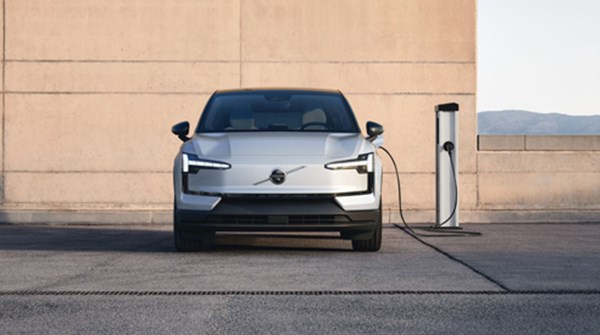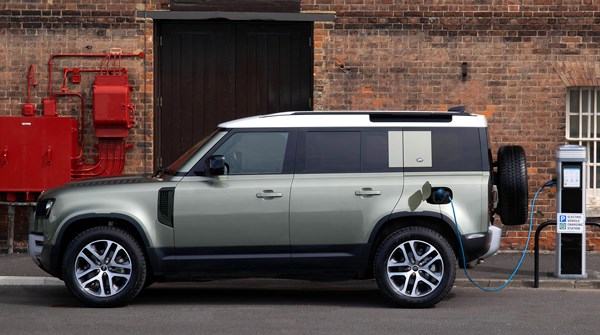Home Charger Usage
If you install an EV home charger, these will usually deliver around 7kW of power. You can charge using a regular domestic three-pin socket, but these will usually be limited to a a maximum of 2.3kW.
Helping EV drivers search for chargers and plan longer journeys.

Did you know there are more than 75,000 charging points around the UK?
Find a charge point near you with our Electric Car Charging-Point Map

If you install an EV home charger, these will usually deliver around 7kW of power. You can charge using a regular domestic three-pin socket, but these will usually be limited to a a maximum of 2.3kW.
To fully charge an electric car at home, on average it will typically cost around £6 on average.

The length of time to charge your car will depend on the charging speed and the size of a battery. But as a basic rule, you can get up to 10 miles of range per hour from a 3kW charger, 30 miles from a 7kW unit, and 175 miles from a 50kW charger.
Available in key locations across the UK and Europe with a network that is continually expanding
To charge a Plug-In Hybrid or Fully Electric car, it will need to be plugged in at a charging point. When charging at home, you can use a normal plug socket, but you can also purchase a dedicated home charging point. Electric cars can also be charged in public locations, and some of these are free to use. Public chargers can be found in various locations, like public car parks, retail car parks, supermarket car parks, service stations, gyms and leisure centres.
There were 74,000 public electric vehicle charging devices available in the UK as of December 2024. This number is growing! You can use our Electric Car Charging-Point Map to find a charge point near you.
How you pay will depend on where you’re charging your vehicle - When you’re charging your vehicle at home, any electricity that you use will be added onto your electric bill as normal. If decide to use public charging points, it’s common to pay any costs via a monthly subscription service– similar to a mobile phone tariff. Electric car charging points also take card payments, and many public charging operators have mobile phone apps through which you can pay for charging.
Charging times vary according to factors such as the size of the vehicle’s battery and the type of charger you decide to use. The higher the kW (kilowatt) rating of a charger, the faster it can charge your vehicle.
To reduce the overall time it takes to recharge, many drivers will top-up their vehicle whenever they park in public places, like the supermarket, gym or their workplace.
Rapid chargers can often be found at motorway service stations and these are often rated from 43kW and above, and so would take only 30 minutes to an hour to fully charge your vehicle.
Public charging points tend to be rated at around 7kW-22kW, and would usually take around 3 hours to fully charge a vehicle from empty.
Generally, home chargers are rated between 3-7kW, and they are often used to charge vehicles overnight as they typically take around 8 hours to fully charge a vehicle from empty.












